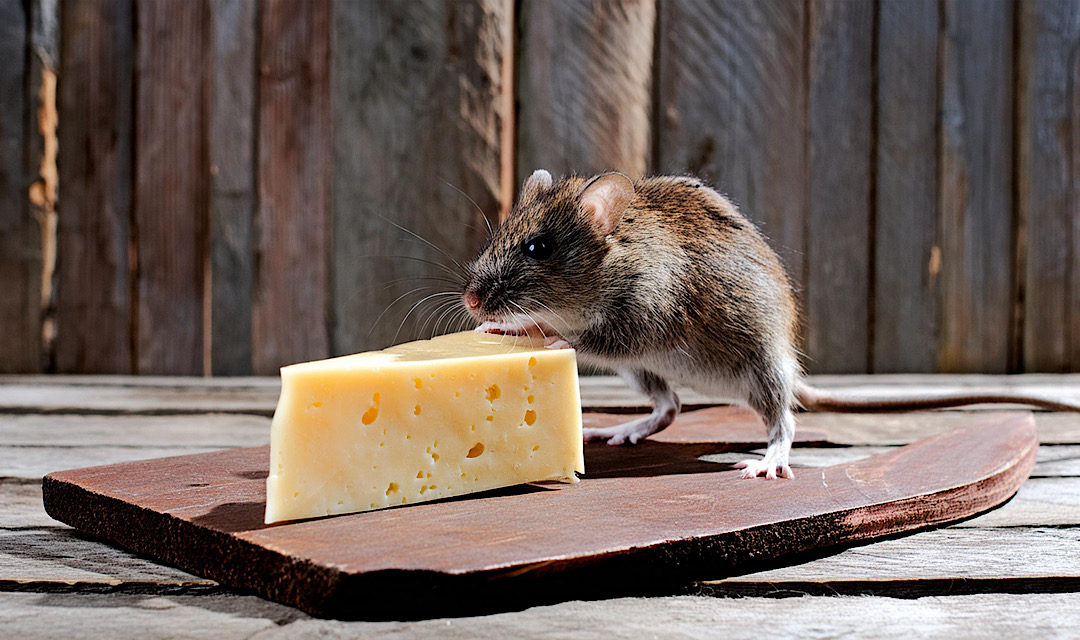The number of reasons why pest control experts from avatapest.com in Florida ask their clients not to take a DIY approach is misinformation. There are various misconceptions and myths surrounding rodent control, which leads homeowners to take the wrong steps.
In an attempt to remove these gnawers, someone might end up attracting more of them into the house. For instance, something like this has commonly happened when Florida homeowners use the wrong bait or traps.
It is also important to be mindful of the environment and your pet companions. You do not want to use toxic materials and harm everyone in the process. Read this blog to learn about some common myths about rodent control and the truth behind them.
Are cats really able to prevent rodents from entering your property?
No! Even though certain cats do eat mice, they cannot completely prevent them or eradicate them from your property. Cats also release a certain chemical, which rodents fear. However, even with this fear-inducing chemical, it is unlikely that stubborn mice and rats will stay out.
There are various spots in your house where rodents reside that your cat might not be able to reach. These include basements, walls, and attics. And if you are dealing with an infestation, even getting multiple cats won’t solve your problem.

Do mice love cheese as much as the cartoon Jerry?
This is another huge misconception! No, the mice you will find in your house are not nearly as fond of cheese as you might have seen in the cartoon. Scientific evidence has shown that even though mice will eat cheese if available, it is never their first preference.
Therefore, if you are looking to bait mice, cheese might not be the best solution. Instead, mice love sweeter food items, including grains, nuts, and fruits. When given a choice between cheese and peanut butter, they will always move towards the latter first.
The “mice love cheese” myth somewhat has a historical context. In traditional times, cheese was something that was left uncovered on kitchen tables. It made an easy target for mice and, thus, stirred up a great stereotype.
Does rat poison pay off or backfire?
Rat poison is known to work where baits and traps have failed. Poison causes quick death in rats, causing internal bleeding and organ failure in them. However, their success largely depends on proper application. DIY rat poison treatments can often backfire.
Rat poison is highly toxic for humans and pets, such as dogs and cats. If your pets and family members ingest these toxins, they may experience severe health issues, which can even lead to death. If your pet accidentally consumes a poisoned rat, it can cause secondary poisoning.
Therefore, while rat poison does work, it can be weeks before you start seeing the results. Moreover, there are too many risks of getting sick. It is best to let professionals handle this job.
Are ultrasonic solutions any good?
Ultrasonic solutions are said to emit high-frequency sound waves that prevent rodents from entering a property. Companies making such ultrasonic pest control machines claim that they irritate rodents and make it uncomfortable for them to stay in a place.
However, upon further research, scientists disagree with such claims. In fact, most of the research has shown negative results. Researchers at Kansas State University in 2002 found that ultrasonic devices do not repel rodents effectively. With time, these pests get habituated with the noise.
Therefore, if you are using ultrasonic devices, you are practically training the mice to become accustomed to the sound!
Stop wasting time on myths!
If you have fallen for a few of these myths, do not worry; you are not alone. Thankfully, it is never too late to start doing the right thing! Hire a professional rodent control team in Florida and get your peace back.






